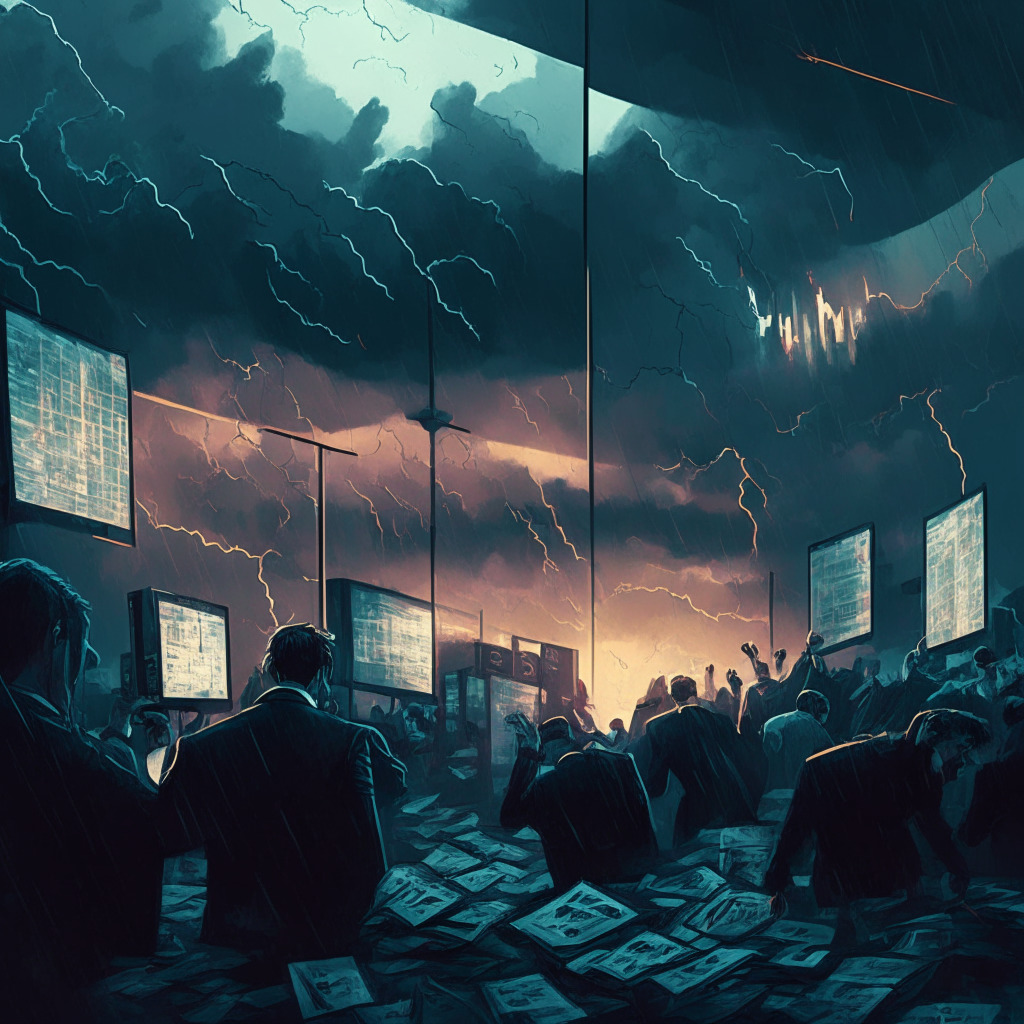The recent arrest of Terraform Labs Co-founder and CEO, Do Kwon, and fellow executive Han Chong-joon has rocked the crypto community. The duo was arrested on charges of possession of fake travel documents and attempting to travel with counterfeit papers in Podgorica in March earlier this year. After their arrest, they were released on conditional bail for a sum of around $436,000, paid by their wives. As part of the bail agreement, they are not allowed to leave the apartment where they are staying and must attend court hearings as requested.
A report by TVChosun and South Korea’s Economist claims that Kwon “cashed out” $2.8 million worth of crypto before his release on bail. According to multiple sources, around $500,000 worth of Tether (USDT) was withdrawn from a wallet believed to be Kwon’s around seven days ago. Additionally, the same sources claim that some 2.39 million Terra Luna Classic (LUNC) coins were withdrawn from a Kwon-linked wallet.
While South Korean prosecutors consider all of Kwon’s funds to be proceeds of crime, they have reportedly failed to freeze all of his cryptocurrency holdings. This is due to some of the coins being held in anonymous wallets, which makes it difficult for courts to prove they belong to the CEO. The situation complicates matters for those seeking justice in this case, as it raises questions about how countries can effectively prosecute alleged crypto criminals.
There is a growing concern among global authorities about the use of cryptocurrencies for illicit activities, and this case only adds fuel to the fire. The issue is further complicated by the fact that courts in the United States and Singapore are also seeking to have Kwon face trial for selling unregistered securities. However, Kwon’s legal team has pushed back, stating that Terra ecosystem coins are “not securities.”
One possible outcome of this case is that Seoul may successfully convince Montenegrin officials to deport Kwon back to his native country to face fraud charges. Montenegro’s Minister of Justice, Marco Kovac, remarked that they would take into account “pending proceedings and progress in the Podgorica Primary Court” to determine when extradition proceedings should be heard.
The fate of Kwon and his fellow executive remains uncertain, as it hinges on the outcome of their ongoing legal battles. The case serves as a reminder of the broader issues surrounding cryptocurrency, its regulation, and its potential use for illegal activities. While many enthusiasts laud the decentralized nature of crypto and the freedom it provides, cases like Kwon’s highlight the need for clear regulatory frameworks in order to maximize the benefits of this innovative technology while minimizing the risks associated.
Source: Cryptonews




